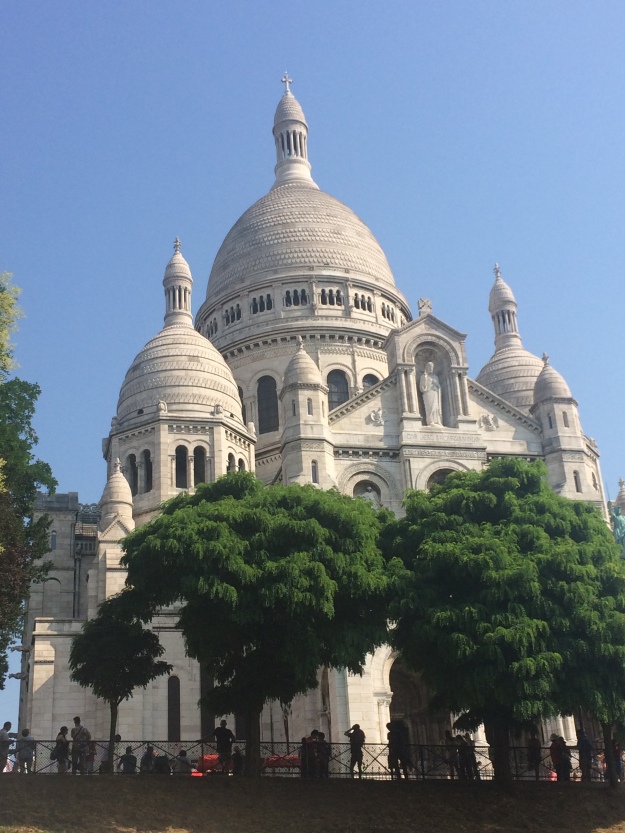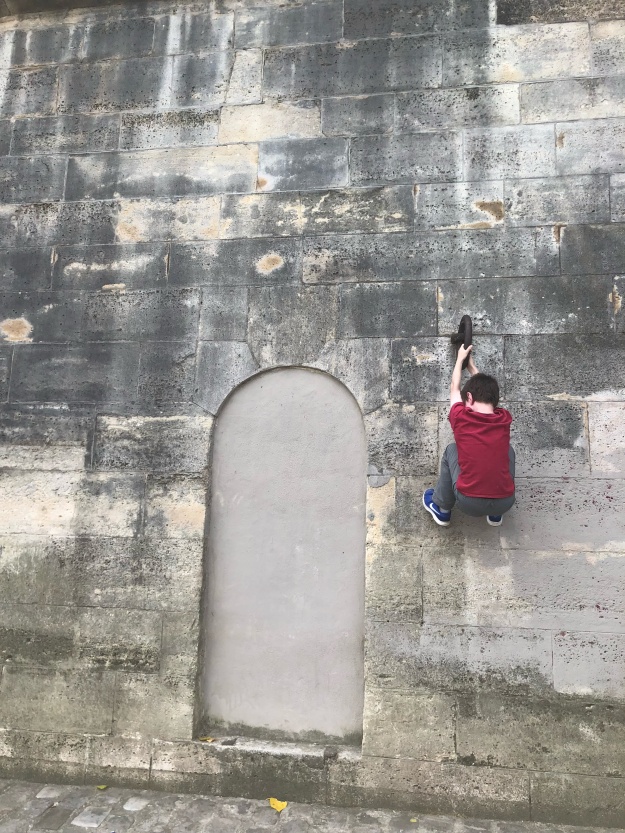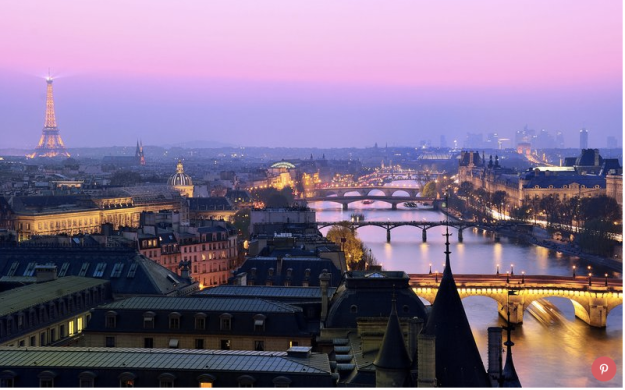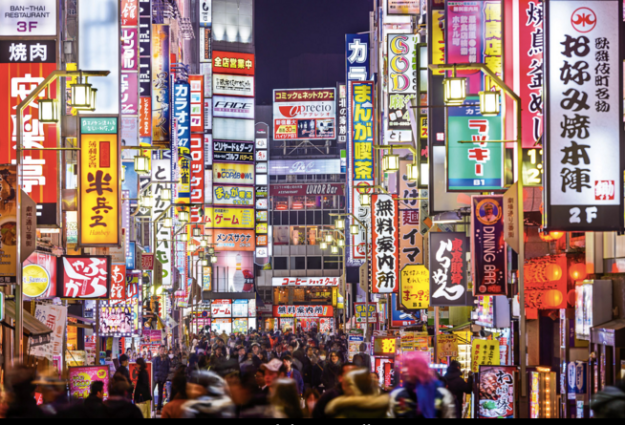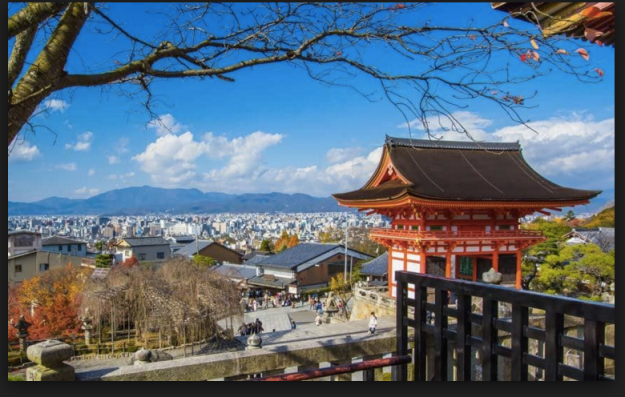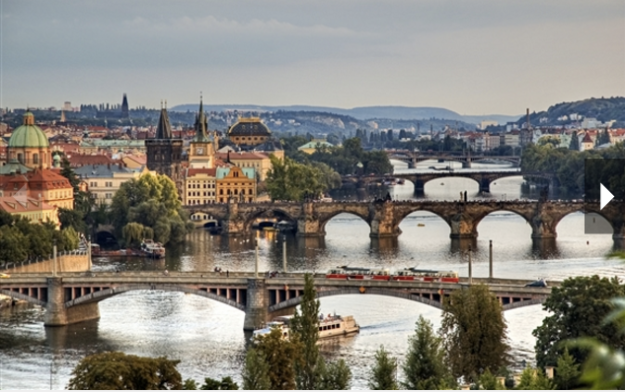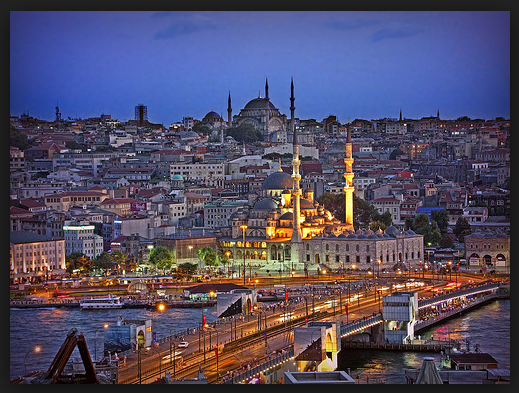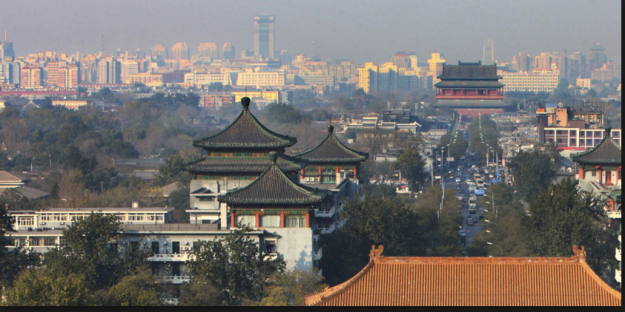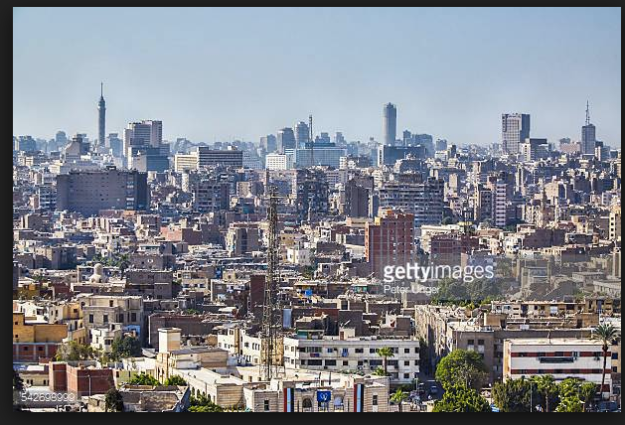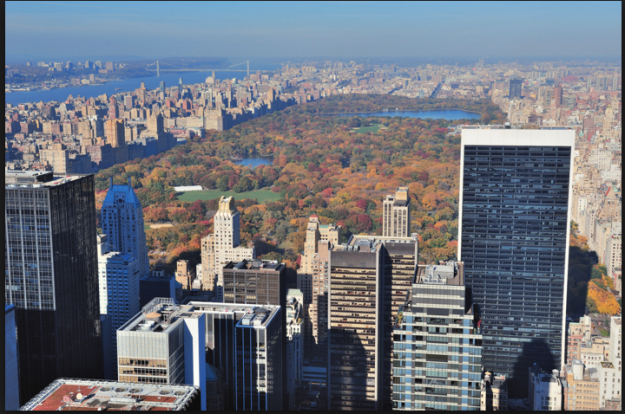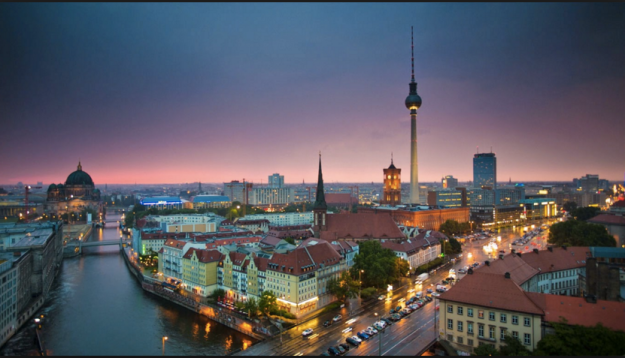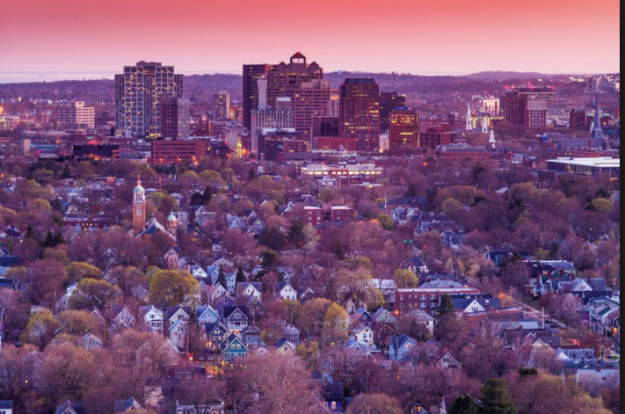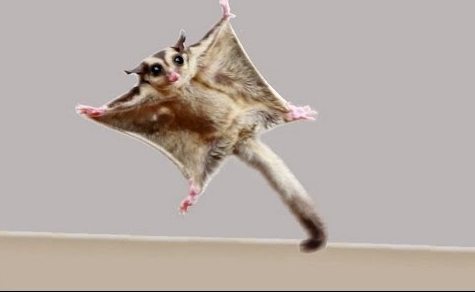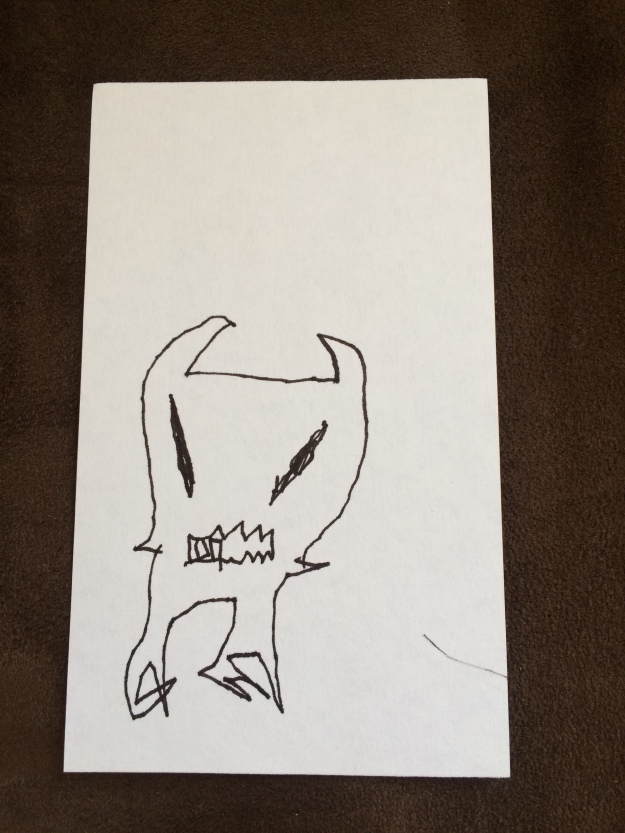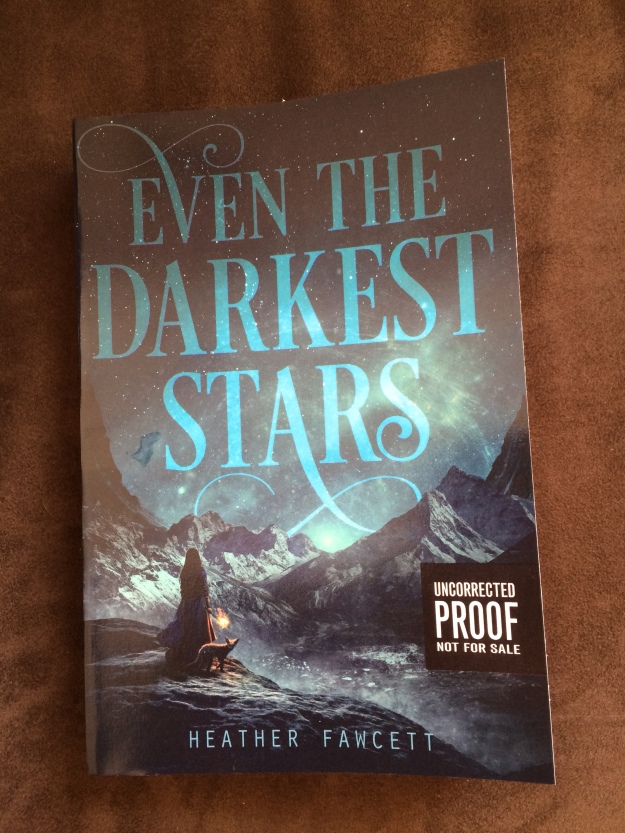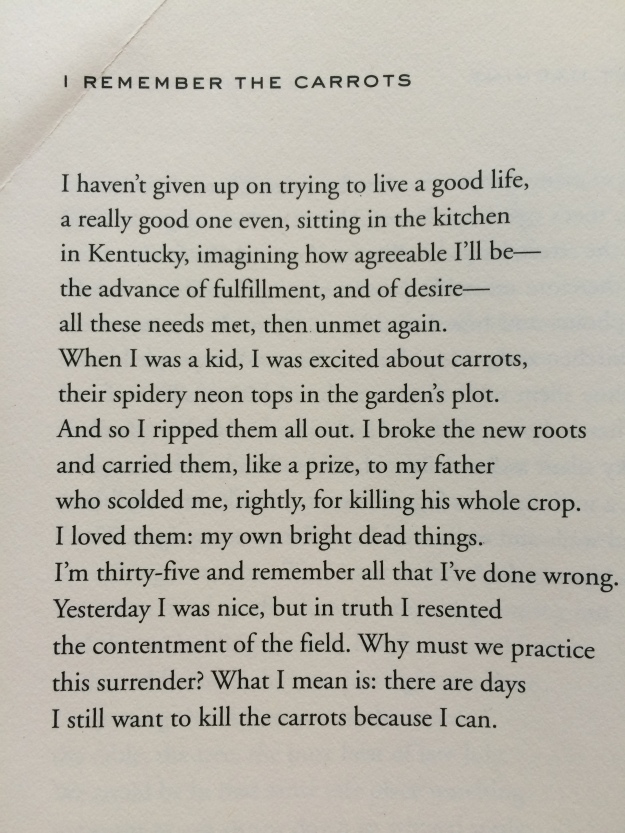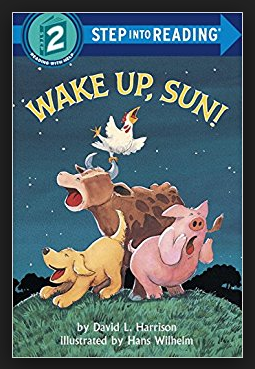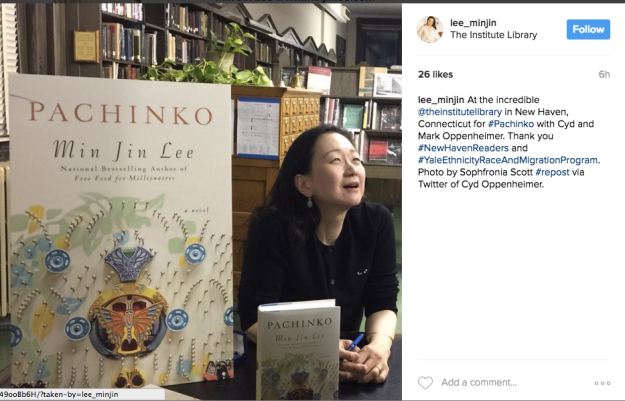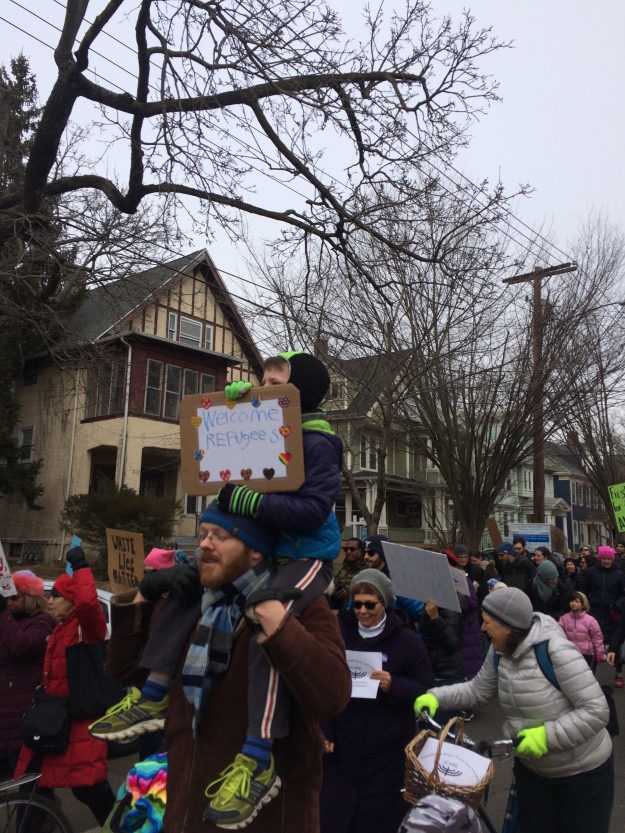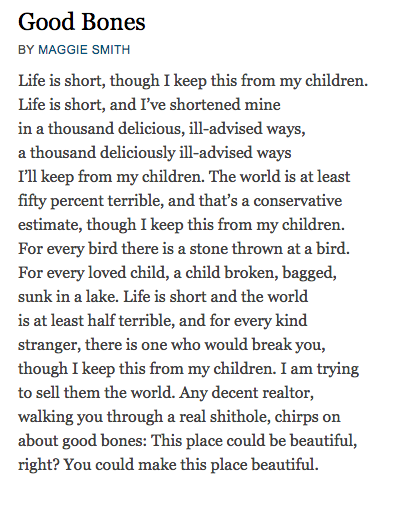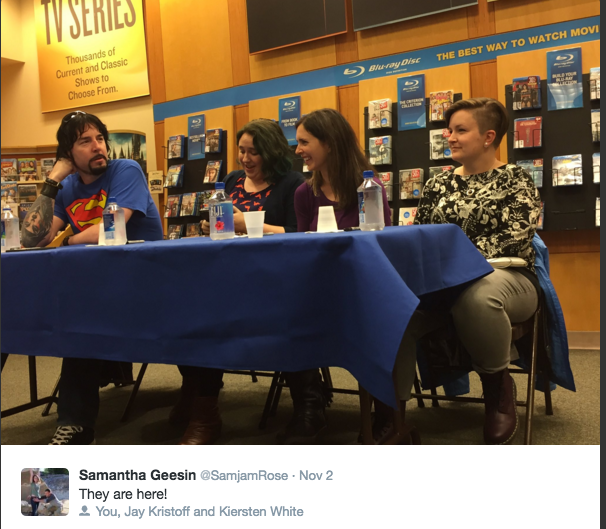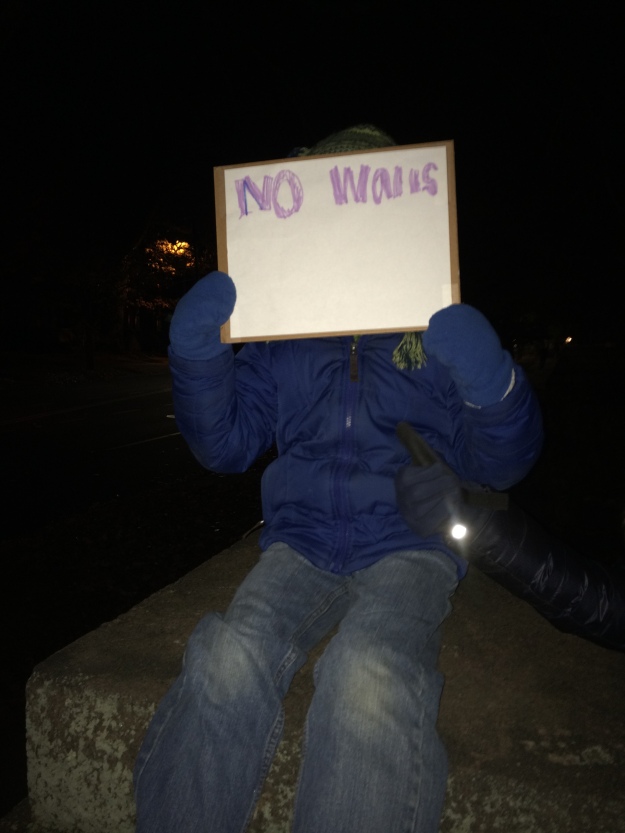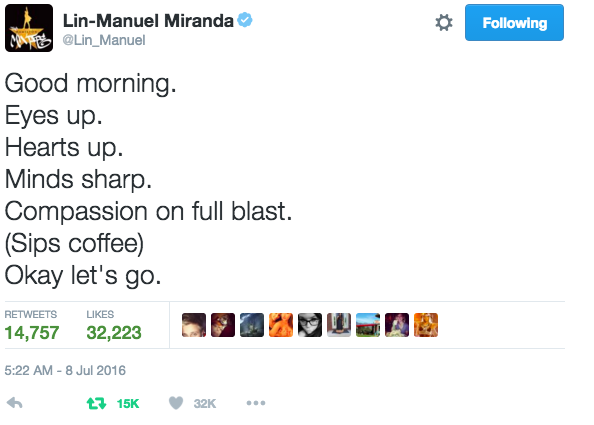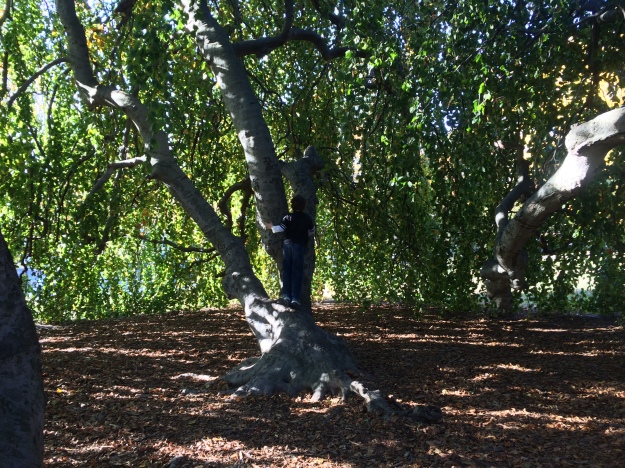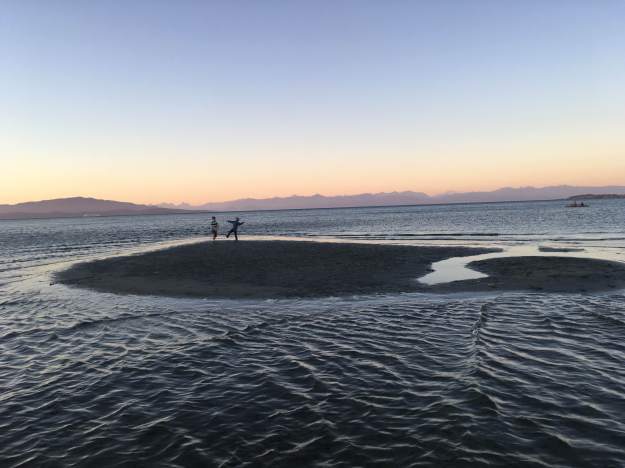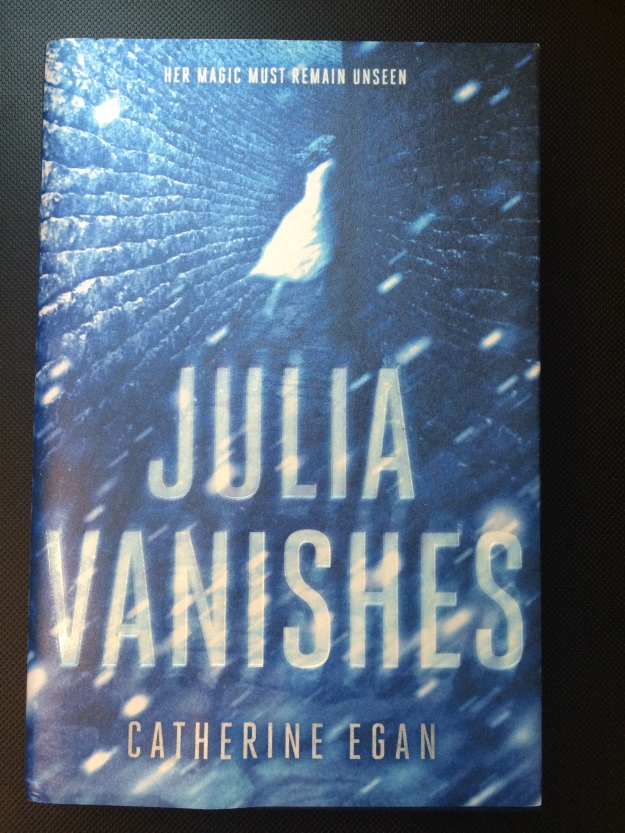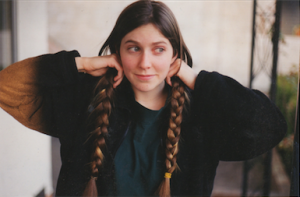This has been a Terrible, Horrible, No Good, Very Bad Week for Canlit. I’ve been leaving ranty screeds on Facebook pages belonging to writers I barely know or have never met and I feel like a jerk but I also can’t seem to shut up. So, even though there is no reason for anybody to ever listen to me about anything, I’m going to put some thoughts right here on my blog, where at least I’m not taking up anybody else’s space. And this post is going to have PARTS because I’m drafting something brand new these days and am very into sectioning everything up.
PART 1: THE RECAP
For those who haven’t been following the yuck, here it is in a nutshell. Write Magazine came out with an issue devoted to indigenous writing. The editor, Hal Niedzviecki, thought it would be funny or clever (I guess?) to write an op-ed for this same issue declaring that there should be a “Cultural Appropriation Prize” for person best able to write from outside their own experience and claiming that the whole idea of cultural appropriation is ridiculous, because artists gotta art & wut is context? People were pissed, he resigned, and then other people were pissed. Sound familiar? Then at midnight a bunch of white editors on twitter started raising money for this “cultural appropriation prize.” Grossness upon grossness, except of course lots of people apparently thought that was pretty funny and /or totally fine. These are not peripheral cranks but influential people in Canadian media. You can read about it all here (only just realized one of my tweets is in a screenshot in the article, ha!). Scaachi Koul’s brilliant, scathing take is here, and if you want to close your eyes and listen to people with pleasing voices, a succinct recap followed by Jesse Wente’s emotional response is here.
PART 2: WHAT THE HELL…?
I was reading about all of this, repeatedly picking jaw off floor, and then I checked Facebook. I read all these posts and comments by my fellow white Canadian authors and got really sad. The most common response I saw was along the lines of “I didn’t agree with his article BUT … censorship is bad / he should be able to say what he thinks / what about artistic freedom?”
So… can we talk? A few responses…
“Censorship is bad”
Agreed. Censorship is totally bad. Good thing “censorship” in no way describes what is happening here! (also p.s. criticism and / or having standards are not censorship). More on what did happen below.
“Freedom of expression! He should be able to say what he thinks!”
He did say what he thinks. It sucked. Freedom of expression extends to the many people who were appalled by his shitty, rude, profoundly stupid article. You can also say what you think! You will definitely NOT go to jail, yay freedom! But if the thing you want to say involves completely ignoring the way indigenous artists have been silenced & stolen from and it is all about YOU and how YOU should be able to do whatever you want, then possibly some people will think you are a brat, and they might even say so, because … you got it… freedom of expression!
“Hal Niedzviecki And John Kay Have Been Pushed Out Of Their Jobs For Stating Their Beliefs And This Is Very Bad”
I’m not cheering for anybody to lose their job, but in an issue that was meant to be spotlighting indigenous voices, Hal Niedzviecki wrote an op-ed gas-lighting those authors. This was a misuse of his position, undercutting the entire purpose of the issue. Re. all the editors raising money for this “cultural appropriation prize” on twitter – there is a reason that we call these people Gatekeepers. They are the people who decide what gets published, who choose to put certain voices forward rather than others, etc. These people, who wield a lot of power in Canadian media, are demonstrating zero understanding of what cultural appropriation even means or why it matters that we should be making room at the table for authentic indigenous voices rather than just writing about them through our own white lenses. Nothing is going to change as long as they are running the show. I’m pretty sure these guys will be OK. A lot of other people are not OK. I am not shedding tears or staying up nights worrying about Hal Niedzviecki. I’m just not.
“What About Artistic Freedom! We should be able to write what we want!”
I have so many thoughts about this but for starters, yes, of course. We do enjoy artistic freedom, lucky us! When I hear white people say this as if their artistic freedom is actually being threatened, I am reminded of nothing more than a toddler in a public sandpit hoarding all the toys and screaming blue murder when asked to share. Not everything is yours. This blows my mind every time I hear it. Parents, you all know what I’m talking about. Didn’t anybody ever fucking teach you that NOT EVERYTHING IS YOURS?
You can write whatever you want. You really can. Let’s start with that. One more time: you can write whatever you want!
Also and relatedly: We live in the world! We don’t make art in a vacuum. We are in this sandpit together. I’ve used this analogy on Facebook and Twitter and will repeat it here: I think that being an artist is partly like being good conversationalist. We try to communicate, to entertain, to tell our truths as best we can. But however awesome we think we are, we shouldn’t dominate the whole conversation and bring everything back to us. We should make room for other people to talk, we should listen to them and not interrupt them or undercut them or ignore them or start telling their story for them. If there is somebody at the table who is trying to talk about their experiences and you barge in with your periphery impressions of their experiences, that’s rude. Why would you do that?
People struggle with the term cultural appropriation. White writers can and do write about non-white characters; that is not a bad thing and it isn’t what cultural appropriation means. I keep seeing people say, “Oh so I should only write about 47-year-old middle class white women named X, snark snark”. No, that’s not what it means, so stop being a jerk. See Karen Bass’s well-received (and meticulously researched) thriller, The Hill, in which one of the main characters is Cree. It’s about being careful and respectful and you can only do that if you are also a good listener.

Not everybody is going to agree on every point, there isn’t a manual or a set of rules, but I’m stunned that it’s controversial to say that indigenous lives and stories should not be used as props or exotic color, romanticized or reduced to poorly understood stereotypes by non-indigenous authors. There is a long history of this happening and that’s why there is a term for it – cultural appropriation! It still happens. Just because something grabs your imagination doesn’t mean you have to claim it. There are stories beyond our experience that really are not ours to tell, and if we are halfway decent people with any sense of what is going on outside our personal bubbles, we might want to pass the megaphone for a sec, try to make space at the table, cheer on and support indigenous artists who are trying to tell their own stories.
“It’s important that we should be able to have this discussion freely so that we can learn from it.”
I have a queasy feeling that when people say this, they really mean that they don’t want people to get mad at them for not caring. This is not a brand new, radical discussion. It’s old. It’s been happening for a long time. And what exactly are we discussing here? Whether it’s OK to keep shitting all over indigenous people? Is that really up for discussion? Hal Niedzviecki says that he wanted to encourage (white) people to write outside their own experiences. OK – many of us do, though there are plenty of places we should be very careful of going. But when he said “cultural appropriation” he immediately made it about something else. If you say you don’t “believe” in cultural appropriation, you’re saying that indigenous people have not been silenced and spoken for and had their stories plundered. He put forth a horrendous falsehood, and he’s backtracking all over the place, but he doesn’t get to redefine that term.
PART 3: PAYING ATTENTION
I’m basically a screw-up and the farthest thing from a right-thinking, right-acting paragon. I hope that I know how to listen though. I hope that when I screw up, friends (and strangers, if I screw up publicly, like in my published writing) will tell me so, and I hope that I’ll know how to listen to them when they do.
I am never sure how to be a good person. Listening well is pretty much the only skill in my limited playbook. But along those lines, I do have one possibly helpful and very easy suggestion for white authors who are freaked out or confused by the idea of cultural appropriation and are privately or not-so-privately having a meltdown about it: Twitter is an amazing place to eavesdrop, listen & learn. You can follow a whole bunch of indigenous authors and activists, you can follow the links they share, you can sit back and listen, reserving judgment, shelving your anxiety, and just take it all in as the nuances become clearer, along with what is at stake. (Side-note, though, don’t barge in or demand that people explain things to you, just listen). We don’t need to keep talking about whether cultural appropriation exists or whether it’s OK to do it: it does, it isn’t, let’s move on. It would be nice to stop free-speeching about whether we can free-speech all over somebody else, drowning them out, and to support indigenous authors for a change. That was what the issue of Write Magazine was supposed to be doing.
Every author knows how hard it is to get that foot in the door, to get your shot, to get your story out there. That’s true for all of us, but so much more so for indigenous authors trying to be heard in a white, white landscape. Imagine how those authors felt – here was their work appearing in Write Magazine. They tweeted about it, told their friends – this was supposed to be their moment. Instead it’s all white people yelling “why can’t I write what I want, why why why, me me me!”
I have no real idea of how to respond to this debacle, but I guess one easy way to start might be reading / supporting / talking about indigenous authors. I realized that my faves are the Big Names – Eden Robinson, Lee Maracle, Louise Erdrich, and most recently Tracey Lindberg – so I asked for recommendations on Twitter. Here’s a start:



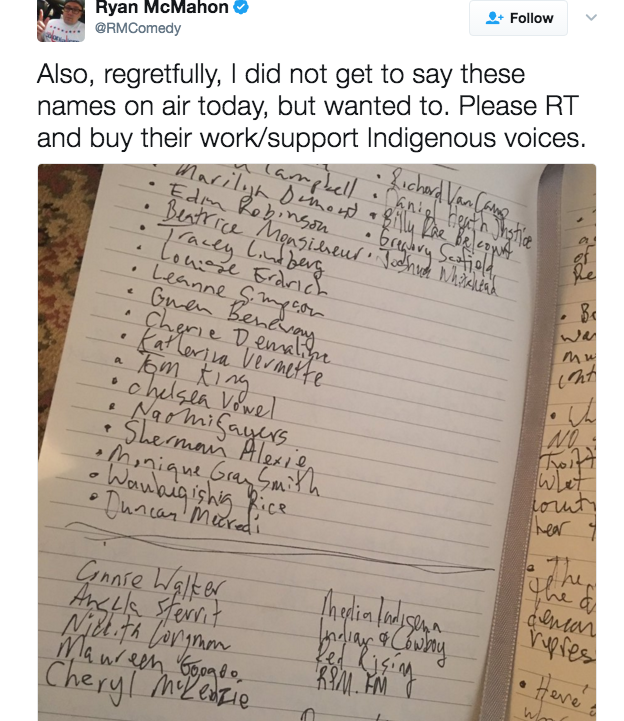
If you want to talk more about this – if you disagree or if you agree or if you are confused or mad or worried or sad – I’m up for having this conversation. It can get heated, but that’s OK. Public or private forum, either one is fine. Reach out and I’ll reply.
Hugs and kisses,
Your White Canadian Author Friend Who Was Yelling All Over Your Facebook Page Last Weekend (sorry about that)
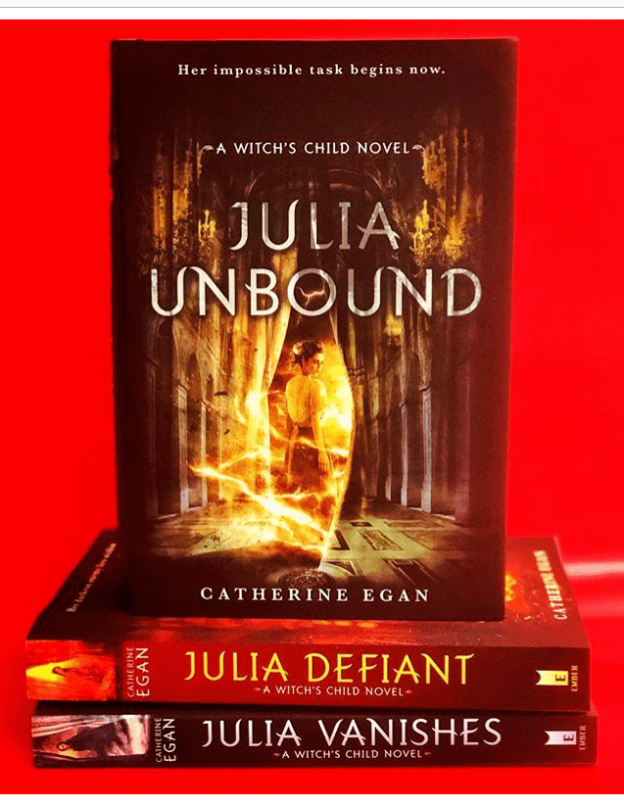
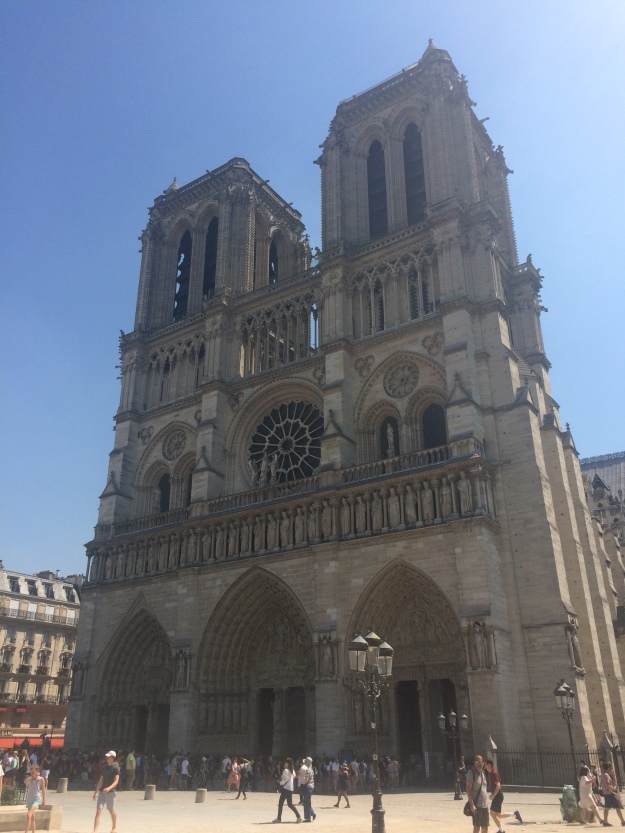
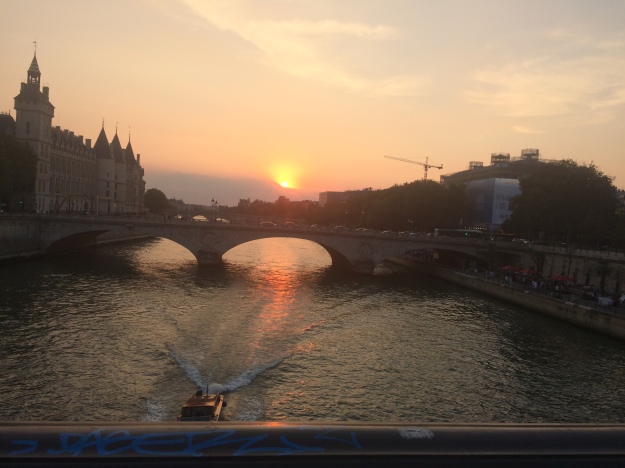
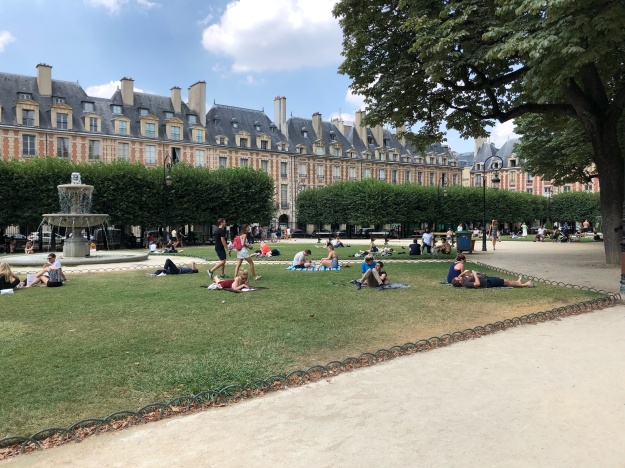 The Marais is quite a posh area now, but it has had its seedy periods, and the Twist was meant to be a seedy-but-still-lively version of this part of Paris. Fitch Square and Esme’s building are a very run-down version of the beautiful Places des Vosges. See Wyn’s attic window up there on the left?
The Marais is quite a posh area now, but it has had its seedy periods, and the Twist was meant to be a seedy-but-still-lively version of this part of Paris. Fitch Square and Esme’s building are a very run-down version of the beautiful Places des Vosges. See Wyn’s attic window up there on the left?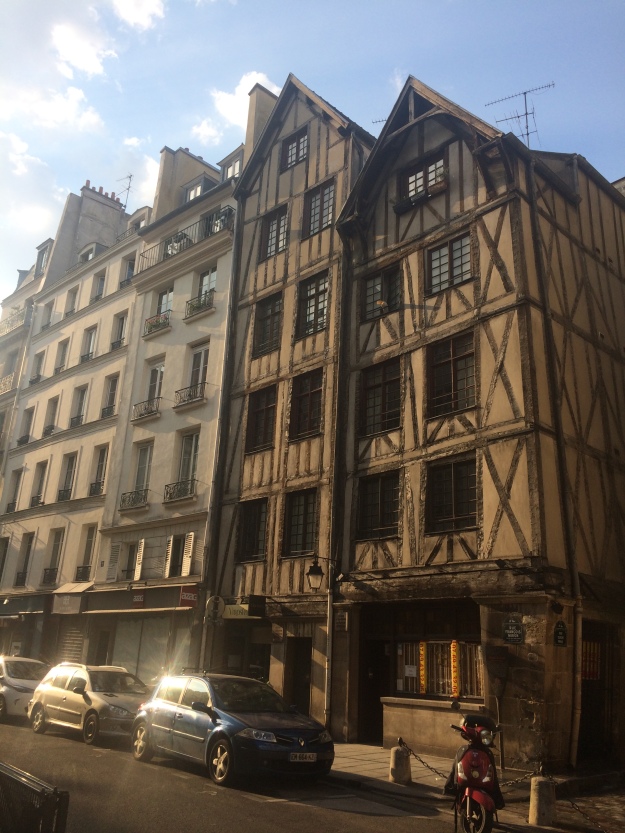 Take away the cars and TV antennas – replace them with electric hackneys – and this could be a street in the Scola, based loosely on the artsy Left Bank in the early 20th Century. (I replaced the Eiffel Tower with a university).
Take away the cars and TV antennas – replace them with electric hackneys – and this could be a street in the Scola, based loosely on the artsy Left Bank in the early 20th Century. (I replaced the Eiffel Tower with a university).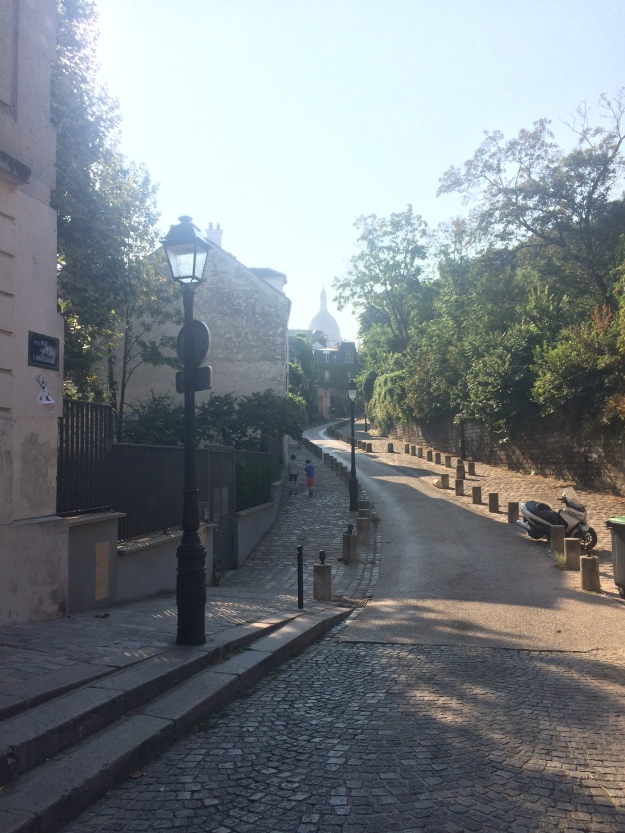 One of the broad cobbled streets of Mount Heriot, home to many of Spira City’s religious dissidents – and based on beautiful Montmartre.
One of the broad cobbled streets of Mount Heriot, home to many of Spira City’s religious dissidents – and based on beautiful Montmartre.